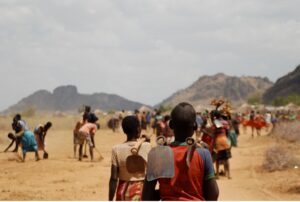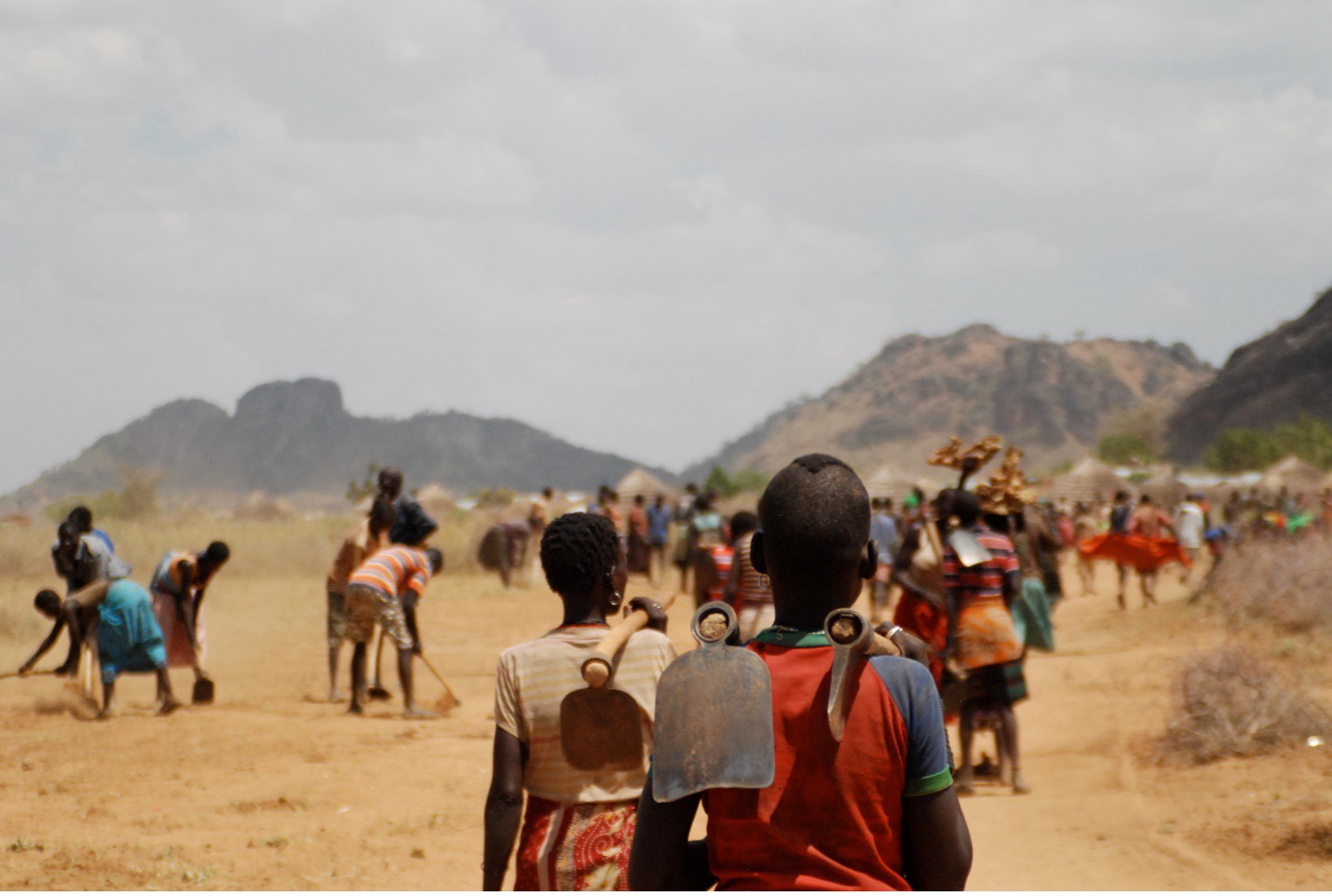
Agenda 2063 and the End of the First Ten-Year Implementation Plan
Ten years into its implementation, Agenda 2063 is already facing considerable challenges to its future success. Institutional weakness is seen across the African Union, Regional Economic Communities, and member states are seen as the root of the problem for the challenges the agenda faces. If action is not taken to address problems in Agenda 2063’s performance, the African Union’s credibility within the continent and across the globe will suffer. This report urges the AU to strategically allocate financial and human resources to Aspiration Three, a specific goal within Agenda 2063 which focuses on state capacity and effectiveness. This report further advocates for targeted goals and increased investment in research, integrating research teams into member states’ reporting, while also emphasizing a prudent evaluation of Agenda 2063 priorities for effective resource allocation.






